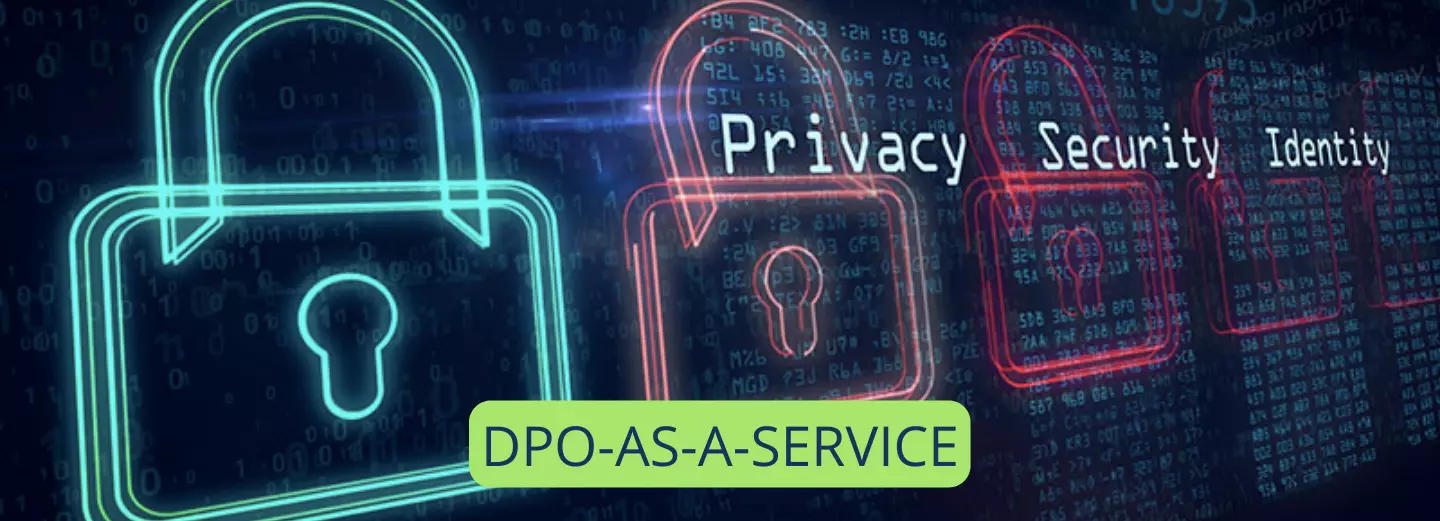
We keep you compliant with the following activities under our DPO-as-a-Service

Inform & Advice
We Inform and Advice the controller or the processor as well as employees, who are responsible for the processing under the Regulation.
Monitor Compliance
Monitor compliance with GDPR and with the policies of the controller or processor concerning the protection of personal data, including the obligation of responsibilities, awareness improvement, and educating the staff involved in processing operations and related audits.
Provide advice
As regards the data protection impact assessment and monitoring its performance under Article 35, we provide advice where requested.
Cooperate
Cooperate with Supervisory Authorities
Take the role of contact point for the Supervisory Authority
We act as the point of contact for the Supervisory Authority on processing issues, including the prior consultation referred to in Article 36.
Give proper consideration to the risks
Proper consideration of the risk is given. The data protection officer, in the performance of their tasks, has due regard to the risks related to processing operations, taking into consideration the nature, scope, context, and purposes of the processing.In addition to the above activities, we also perform the following tasks to keep you compliant with ISO 27701:2019 standard:
- PII Processing: We keep higher management and employees of the organization informed about their obligation concerning the processing of Personally Identifiable Information (PII).
- DPIA: We give the necessary advice on the privacy impact assessments conducted by the organization.
- Management of Issues: We take part in issue management related to PII processing by using the eGRC tool.
DPO-As-A-Service
Our Certified Data Protection Officer (CDPO) can help you with your GDP regulatory requirements:
Personal data privacy has become the utmost responsibility of every organization. Most countries are introducing their data privacy acts, recognizing the importance of data privacy. To name a few, Canada introduced PIPEDA in 2007 and the EU's GDPR, which has become mandatory from 25th May 2018
In GDPR, Article No. 37 states that a Data Protection Officer is a mandatory role for every company, which controls or processes the data of EU citizens. The Data Controller and the Processor are required to designate a DPO while processing information of a data subject.
DPOs
Data Protection Officers, in short, DPOs are a part of the leadership team who work to educate a company and its employees on the importance of being compliant. They also train staff involved in data processing and conduct security audits from time to time.
DPOs are responsible for advising the management and employees on the obligations required by data privacy acts, including GDPR. As per Article 39 of GDPR, explicit tasks are defined for DPOs.
As per ISO’s anticipation, many countries and states will follow the path of the EU and come with their own Data Privacy Acts. In January 2020, the state of California introduced the California Consumer Protection Act (CCPA). Many other nations are also developing their data protection acts and planning to implement them in the near future. For example, Brazil introduced the Brazilian General Data Protection Law (LGPD), India is preparing its Personal Data Protection Bill, 2019, Chilean Constitution made the protection of personal data a constitutional right, and New Zealand’s new Privacy Bill, 2019.
ISO introduced ISO 27701:2019, also known as Privacy Information Management System (PIMS), to help organizations get compliant and adhere to the requirements of such data privacy acts.
Why DPO as services?
For small-medium-sized companies, affording a full-time DPO may not be possible as these companies may not require a big infrastructure and compliance programs to meet everyday requirements.
ARC Tech have the best in the industry experts who are certified as:



Our experts have helped multiple organizations perform gap analysis for GDPR/ CCPA and ISO 27701. They meet the requirements of GDPR and Clause 6.3.1.1 of ISO 27701.


